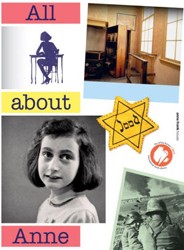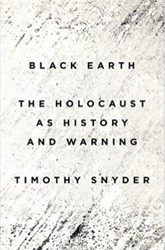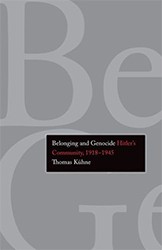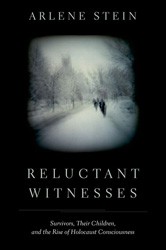Originally a doctoral dissertation, Granddaughters of the Holocaust is an academic study, not designed for the casual reader. Pisano summarizes interviews she conducted with ten women who are all, as she is herself, granddaughters of Holocaust survivors. She then interprets the interviews through a psychoanalytic lens. Her central concern is, in what way is trauma transmitted across generations? How does an experience that is not theirs and from which they are removed by two generations impact the emotional lives of these young women? Not surprisingly, the women who agreed to be interviewed feel their grandparents’ experiences sharply. Actually, most of them are even more impacted by the experience of their parents, especially their mothers, the children of survivors. Those mothers suffered from the depression and grief of their own mothers and so were unable to be fully present for their daughters. Despite the jargon, the interviews can be interesting, although a certain sameness sets in after five or six. Pisano is not a good enough writer to present these women as vividly individual people, and she doesn’t offer any particularly startling findings. May be useful for mental-health professionals working with this population, however.

Nonfiction
Granddaughters of the Holocaust: Never Forgetting What They Didn’t Experience
- Review
By
– January 9, 2013
Miriam Rinn has been an editor and writer for decades, recently retiring from a position as communications manager for JCC Association. Her writing has appeared in many newspapers and magazines and she has won numerous awards, including a Rockower, for her work. She is a regular reviewer of books, film, and theater in print and on the Web, and is also the author of a children’s novel called The Saturday Secret, which has been chosen as a selection by PJ Library.
Discussion Questions

Jewish literature inspires, enriches, and educates the community.
Help support the Jewish Book Council.



